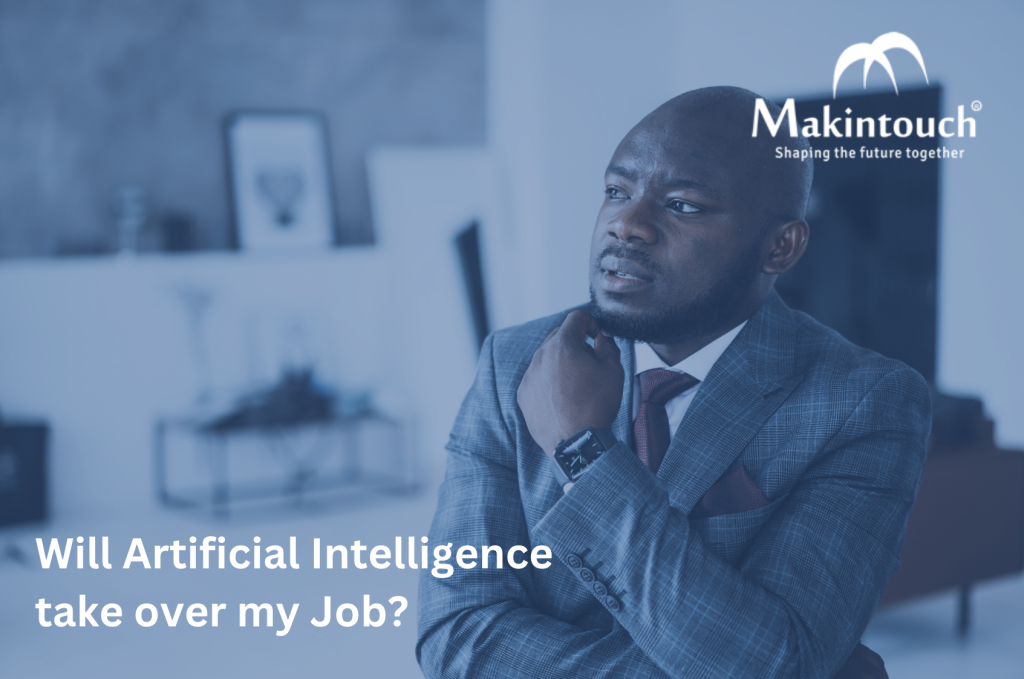Relax, AI (Artificial Intelligence) is friendly, it won’t take over your job, but people who know and understand how to use AI may and can.
Artificial Intelligence (AI) is a field of computer science and engineering that aims to create intelligent machines that can perform tasks that typically require human intelligence, such as visual perception, speech recognition, decision-making, and natural language processing. AI technology is used in a wide range of applications, including healthcare, finance, transportation, education, and entertainment.
it is possible that AI could automate certain tasks or even entire jobs, but it is unlikely that AI will completely take over your job. AI technology is best suited to tasks that can be easily automated, such as data entry, repetitive tasks, and analysis of large amounts of data. However, there are many tasks that require human skills such as creativity, critical thinking, emotional intelligence, and communication, which are much more difficult to automate.
Furthermore, AI technology is still developing and has limitations. For example, AI algorithms are only as good as the data they are trained on, and they may not be able to handle unexpected or complex situations that humans can handle easily. Additionally, there are ethical considerations around the use of AI, such as the potential for bias or the need for human oversight.
Therefore, while AI may automate certain aspects of your job, it is more likely to augment and enhance your work, rather than completely replace it. In fact, many experts believe that AI will create new job opportunities, as it frees up time and resources for humans to focus on more creative and high-level tasks.

What then should you do to combat AI taking over your job?
- Stay up-to-date with technology: Keep yourself informed about the latest developments in AI and automation technology so that you can adapt and adjust your skills as necessary. Consider taking courses or training programs to learn new skills that are in demand. Makintouch can help you achieve that here https://makintouch.com/
- Focus on tasks that require human skills: AI is best suited to tasks that can be easily automated, such as data entry and analysis. Focus on developing skills that require creativity, critical thinking, emotional intelligence, and communication. These are skills that are much more difficult for AI to replicate.
- Be proactive: If you see that certain tasks or processes in your job are being automated, try to take the initiative to learn about and adapt to the new technology. This may involve learning new skills or finding ways to work alongside the technology to enhance your productivity and efficiency.
- Build relationships: Developing strong relationships with colleagues and clients can be invaluable in protecting your job. By building strong interpersonal connections, you can create a level of trust and loyalty that is difficult for AI to replicate.
- Embrace change: Finally, it’s important to be open to change and to view AI and automation as an opportunity rather than a threat. While some jobs may be impacted by automation, new job opportunities are likely to emerge as AI frees up time and resources for humans to focus on more creative and high-level tasks.

